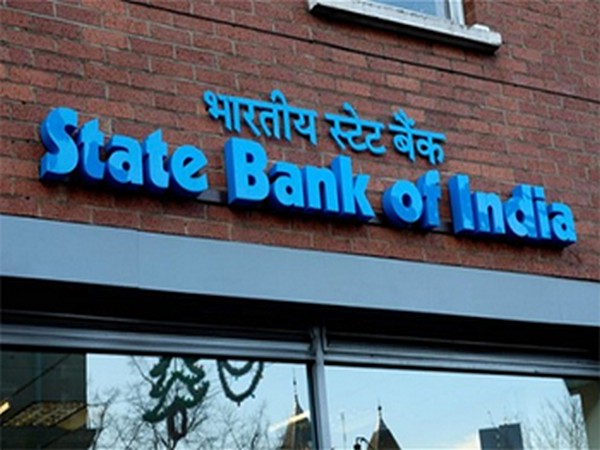India has demonstrated successful inflation targeting compared to advanced economies like the USA, Germany, and France, according to a research report by the State Bank of India (SBI). The report credits government initiatives, the RBI, and banks for addressing these issues over the past decade, allowing for better policy transmission and improved inflation management. The success of inflation targeting in India is largely due to a vibrant financial ecosystem where the RBI, government, and banks work closely together to usher in market reforms.
India has experienced minimal deviations from its inflation targets between 2021 and 2024, setting it apart from other global economies facing greater inflationary challenges. During this period, India recorded one of the lowest deviations from its inflation targets, highlighting the effectiveness of its inflation control measures. The report attributes this success to coordinated efforts between the Reserve Bank of India (RBI) and the central government. The synchronization of monetary and fiscal policies, particularly during the pandemic, played a key role in maintaining price stability.
The report also highlights that India’s pre-inflation targeting regime faced challenges that hindered the effective transmission of monetary policy. These challenges included sustained fiscal dominance, a large informal sector, significant informal financing, and inefficiencies in how banks priced their loan products. Despite these obstacles, the RBI’s inflation targeting has anchored inflationary expectations, even as food inflation remains high. The report dismisses the notion that headline inflation should exclude food prices as counterfactual, emphasizing the RBI’s success in targeting inflation despite food price volatility.
One of the key arguments in the report is that the RBI’s consistent communication of its inflation target–set at 4 per cent–has been crucial in successfully anchoring inflation expectations. By reinforcing its commitment to this target, the RBI has helped stabilize inflationary trends across the broader economy. The report highlights India’s effective monetary policy framework, particularly in light of the global inflationary pressures seen in advanced economies like the US and Germany. India’s success in inflation targeting is attributed to coordinated efforts between the RBI, government, and banks, as well as the synchronization of monetary and fiscal policies.
Overall, the SBI report emphasizes India’s largely successful inflation targeting regime and praises the country for its effective inflation control measures. India’s ability to maintain price stability and anchor inflationary expectations, despite challenges such as food inflation and a large informal sector, sets it apart from other global economies facing greater inflationary pressures. The report credits the RBI’s consistent communication of its inflation target and the coordination of monetary and fiscal policies for India’s success in managing inflation. In conclusion, India’s inflation targeting regime has been recognized as a model for other economies to follow, showcasing the country’s strong financial ecosystem and collaborative approach to economic policy.











